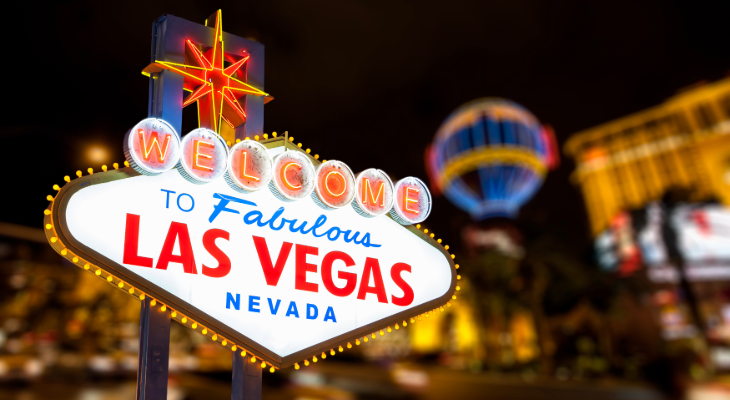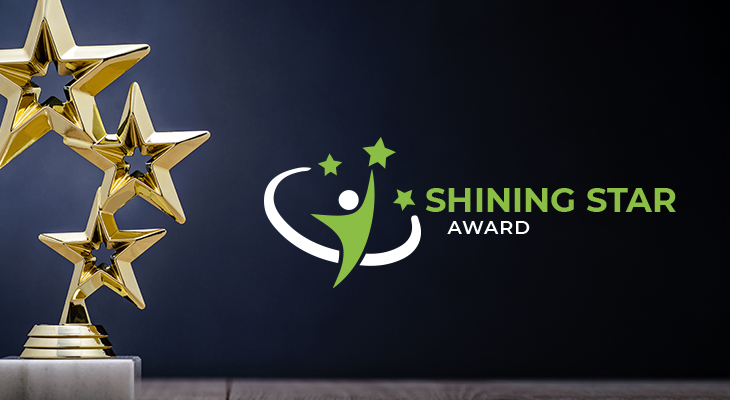December and January are full of important cultural observances and holidays. Read on to learn more about the celebrations that occur around the world.
Diwali
Diwali means Festival of Lights and is celebrated the world over by over a billion Hindus, Jains, Sikhs and some Buddhist sects. This annual celebration takes place for 5-days between mid-October to mid-December. Diwali symbolizes the spiritual victory of light, good, and knowledge over darkness, evil, and ignorance.
Bodhi Day
Bodhi Day is a Buddhist holiday, recognized on December 8th. This holiday commemorates the day in 596BC when Gautami, the founder of Buddhism, reached Nirvana (enlightenment) as he meditated under a Bodhi tree.
Ramadan
Ramadan celebrated throughout the entire ninth month of the Islamic calendar, during which fasting is observed from sunrise to sunset. A commemoration of Muhammad’s first revelation, this annual observance is recognized as one of the Five Pillars of Islam. The Islamic calendar is shorter than other calendars and so Ramadan occurs at different times during each solar year.
Eid-al-Fitr
Eid al-Fitr, meaning Festival of Breaking Fast, is the first day of the month of Shawwal and marks the end of Ramadan and the beginning of a feast that breaks the fast. This celebration focuses on gratitude and charity.
Kwanzaa
Kwanzaa is an annual African American festival celebrated from December 26th to January 1st. Created in 1966 by Maulana Karenga, this holiday is based on various African Harvest festivals and is a time of focus on seven principles: Unity, Self-Determination, Collective Work and Responsibility, Cooperative Economics, Purpose, Creativity, and Faith.
Tet
Tet Nguyen Dan, is the Vietnamese New Year. Tet, the first day of the Vietnamese calendar, is joyously celebrated with observances that honor ancestors, teachers, and the new year. The festivities are spread across several days including gatherings of friends, families, and communities.
Hanukkah
Hanukkah is a Jewish festival that is observed for eight days and nights and takes place between late November and late December. Also known as a Festival of Lights, this celebration tells the history of the Maccabees and the rededication of sacred temples. A menorah thought to have enough oil to burn for one day, continued to burn for eight days and nights.
Winter Solstice
The winter solstice occurs every year when the Earth’s poles are at their maximum tilt away from the Sun. It is the shortest day of the solar year, offering the shortest amount of daylight, and the longest night. Many cultures and traditions have celebrated this day as the rebirth of the sun.
Christmas
Christmas is an annual festival that is central to Christianity and is recognized around the world by billions of people, as the celebration of the birth of the Jesus Christ.
Solar New Year
New year celebrations recognize the end of year and mark the beginning of the next. For the Gregorian calendar, this day is recognized on January 1st. Many other calendars and new year celebrations are also recognized in diverse ways across the globe.
Lunar New Year
Lunar New Year is a festival celebrated at the beginning of the traditional lunisolar calendar and by many cultures around the world. This calendar’s months are based on moon cycles. The Lunar New Year is often a time of reflection, renewal, and new beginnings.
MLK Jr. Day
Celebrated the 3rd Monday in January, this date commemorates the birth, life, and legacy of civil rights leader and champion, Dr. Martin Luther King, Jr. People and communities throughout the United States honor this day through acts of service, community advocacy and empowerment, and working for equity and justice.







